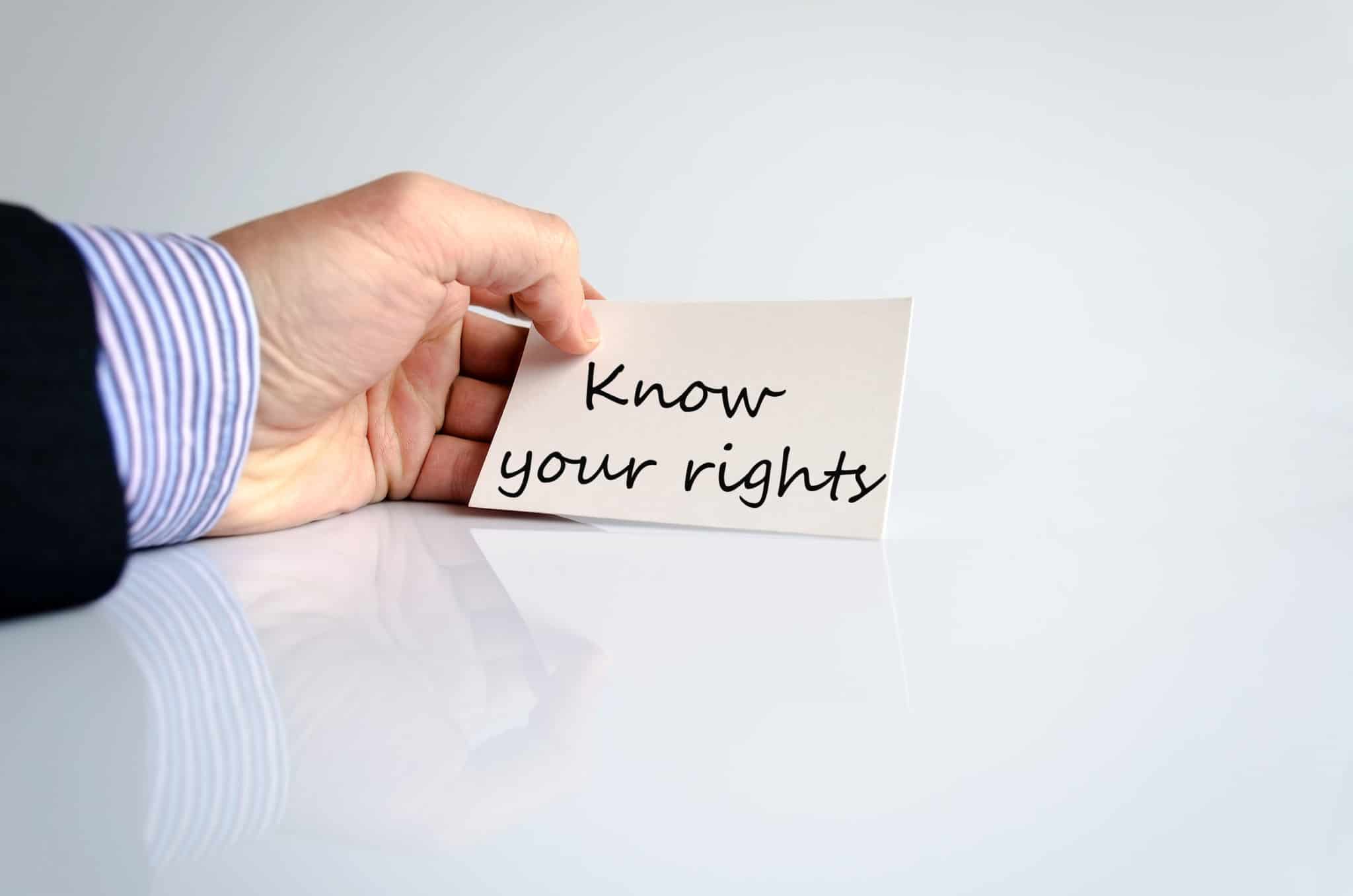Illinois LGBTQ Students Have Increased Protections Again
Title IX was created in 1972 by the Department of Education to help secure the rights of students, stating they cannot be discriminated against on the basis of their sex.
This legislation dictates that education programs or activities that receive financial assistance from the federal government face consequences if they are found to discriminate.
Under the former administration, Title IX protections as they related to LGBTQ+ students were rolled back. It was the position of the previous administration’s Department of Education that Title IX did not apply to discrimination faced by LGBTQ students.
Even though in other cases, the Supreme Court has explicitly ruled that sexual orientation and gender identity fall under the umbrella of sex as it relates to discrimination, Title IX is still a bit up in the air as it relates to LGBTQ discrimination.
Here’s what you need to know about Title IX, what it does for LGBTQ students, and penalties someone can face if they are accused of violating a person’s rights under Title IX.
Title IX Rights for LGBTQ Students
One of the main things that Title IX protects all students from is sexual violence. When it comes to students who are members of the LGBTQ community, Title IX protections exist no matter the gender of the victim or the alleged perpetrator.
This includes sexual harassment or sexual assault where the victim and alleged perpetrator are of the same gender.
Under Title IX, LGBTQ students have the same rights to accommodations, a fast and equitable complaint process, and do not face retaliation.
Schools also have the obligation to respond appropriately to sexual violence and support the victim’s access to a safe education no matter their gender identity, presentation, or sexual orientation.
Violation Proceedings Under Title IX
Under Title IX, the government requires educational institutions to address and investigate any incidences of stalking, sexual assault, or sexual harassment involving their students.
These investigations are independent of any criminal charge of the investigation. Under the law, universities and colleges must set up their own system for investigating reports that violate Title IX protections.
This includes conducting interviews of the person filing the complaint, the person accused, any witnesses, and the collection of any other evidence. They are also to hold a disciplinary hearing.
Title IX hearings are not criminal hearings, but a criminal charge can be involved if the victim decides to take the incident to law enforcement.
For this reason, anyone accused of Title IX violations should secure the counsel of an experienced attorney.
Penalties for Title IX Violations

Allegations under Title IX can have serious penalties for anyone facing charges. Anyone can be accused of violating Title IX, including students, faculty, and professors. Even those simply on campus can be subject to complaints, even if they’re not associated with the institution.
If found guilty of Title IX violations, you may face possible criminal charges and prison time as well as possible expulsion from the school.
It’s not unusual for those accused of Title IX violations not to understand what their rights are in the proceedings. That can result in unjustly ending up with a permanent mark on their records.
That’s why understanding the process and your rights within it are paramount to protecting yourself and your future. Make sure if it happens to you, you have a grasp of what you need to do in order to protect your own interests.
About the Author:
Andrew M. Weisberg is a former felony prosecutor who now serves as a defense attorney in the greater Chicago area. He has extensive experience in handling all types of criminal cases, from sex offenses and domestic violence to retail theft-related crimes, murder, and drug crimes. His work has been recognized by Avvo, Expertise, National Trial Lawyers, and others, and he has been featured on countless news outlets for his experience and knowledge in criminal law.







 Blog Home
Blog Home 










